The Distinguished Teaching Awards and Excellence in Teaching Awards are among the highest forms of recognition for teaching excellence given at the University of Washington. Recipients are selected via a rigorous nomination and peer review process managed by the UW Center for Teaching and Learning. Join us in congratulating this year’s recipients for their deep commitment to reflective, learner-centered teaching.
Distinguished Teaching Award
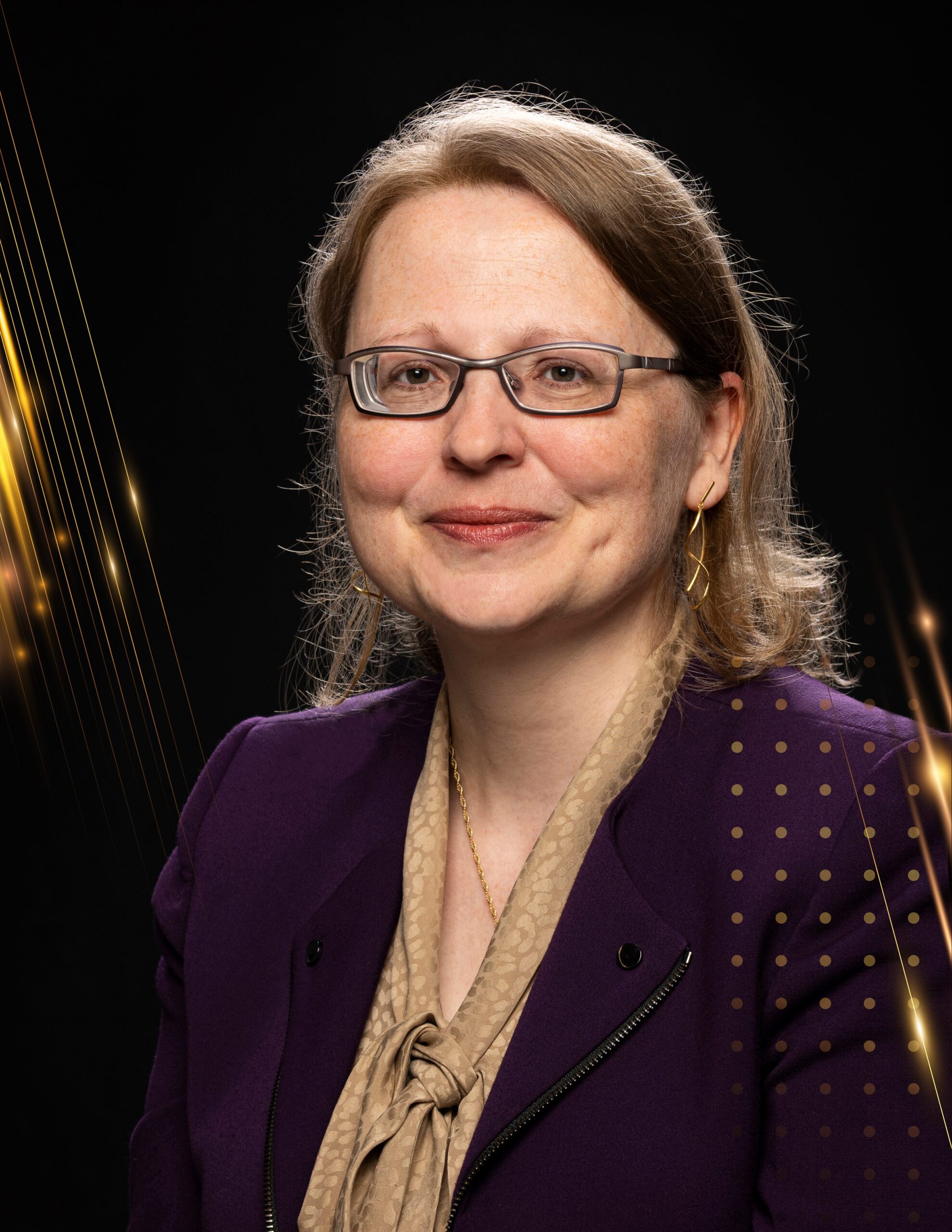
Martine De Cock
Professor, School of Engineering & Technology, UW Tacoma
Through an iterative and reflective teaching practice, De Cock designs transformative learning experiences, including adaptation of a course that allowed students to develop real world, career focused skills to create better AI models. She led the development of the PhD in Computer Science and Systems at UW Tacoma, to expand access throughout the region for outstanding students from diverse backgrounds. Her commitment to inclusive teaching, mentoring, and valuing students’ experiences positively impacts her students’ and mentees’ professional and academic trajectories.
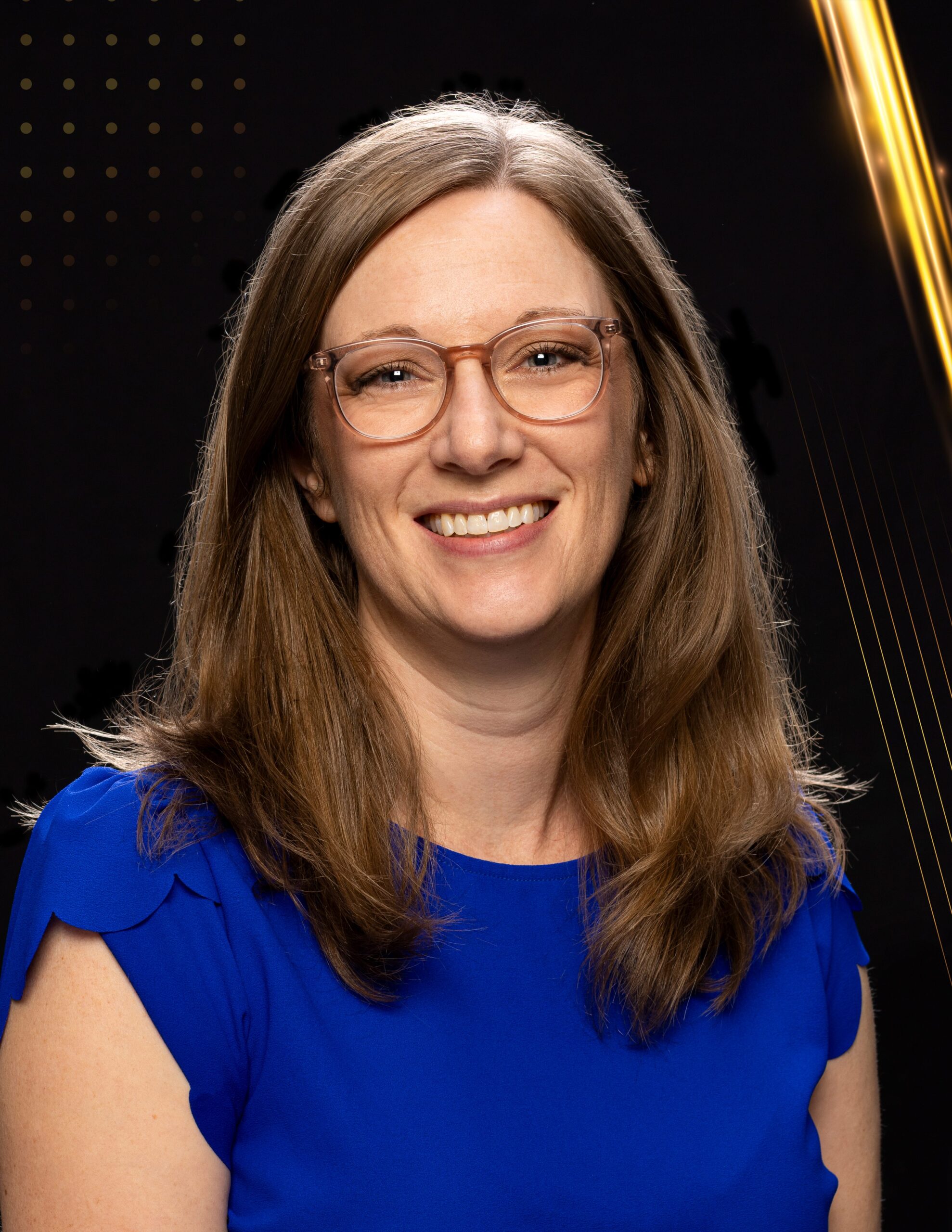
Keri DeGroot
Assistant Teaching Professor, Rehabilitation Medicine, Division of Occupational Therapy, School of Medicine, UW Seattle
DeGroot’s teaching centers practices that align with the tenets of her discipline, which prioritizes doing, being, becoming and belonging. She routinely invites into her classrooms individuals who live with the conditions her students will encounter as occupational therapists, which helps develop future professionals who are prepared to address their own biases and treat all clients with respect and dignity. DeGroot is also very active in curriculum development and mentoring colleagues through discussions on a range of topics, including incorporating AI into the classroom and team teaching.
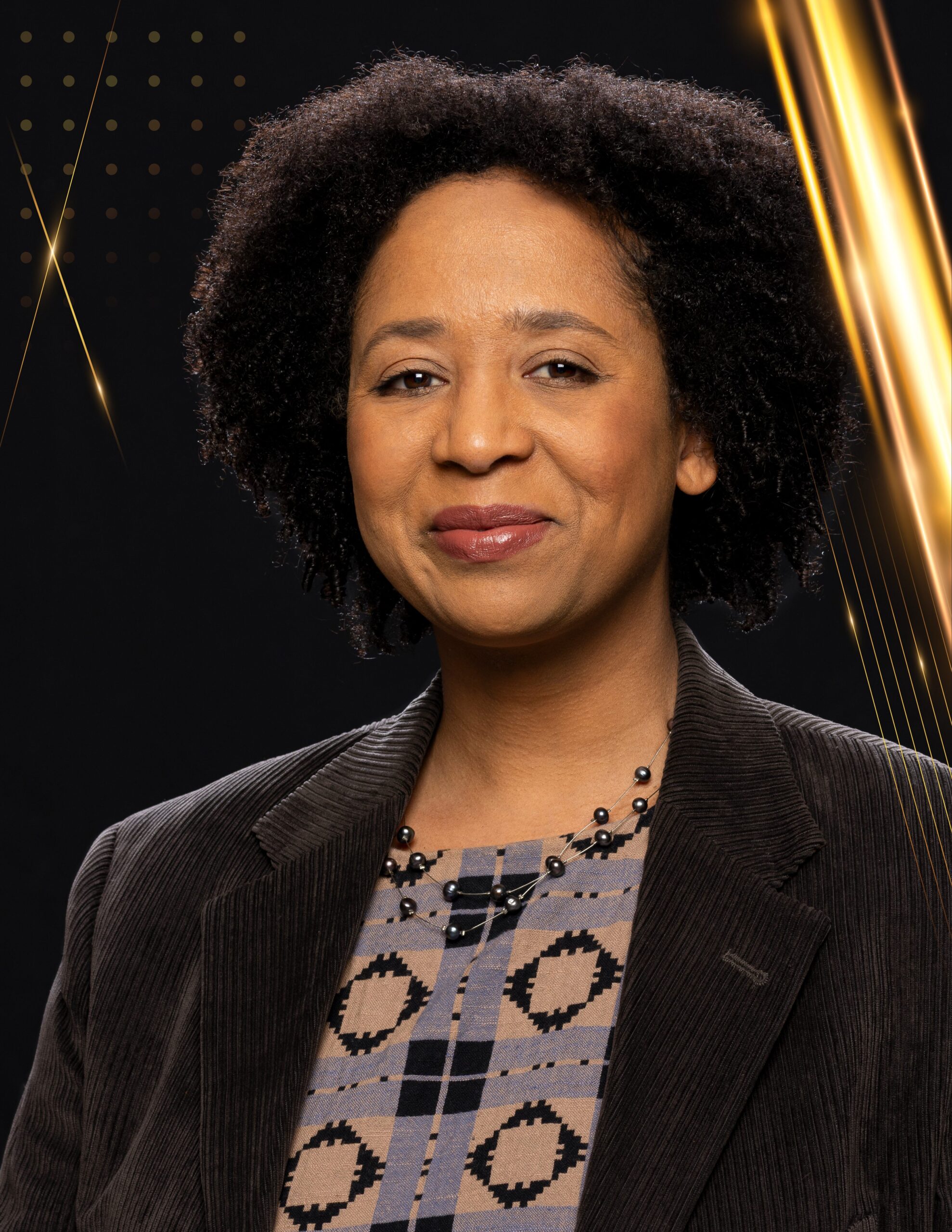
Jasmine Mahmoud
Assistant Professor, School of Drama, College of Arts & Sciences, UW Seattle
Mahmoud uses exercises and games to spark analysis that supports critical and empathetic inquiry into theater and arts histories – practices broadly known as embodied learning. By providing feedback that encourages iteration, she helps her students develop growth mindsets and empowers them with lifelong learning skills. Mahmoud also takes iteration seriously, routinely using student feedback to adjust her approach. Through the Simpson Center for the Humanities, Mahmound has organized opportunities for students to meet with visiting scholars and collaborated with students on conference planning and other activities to support their professional development.
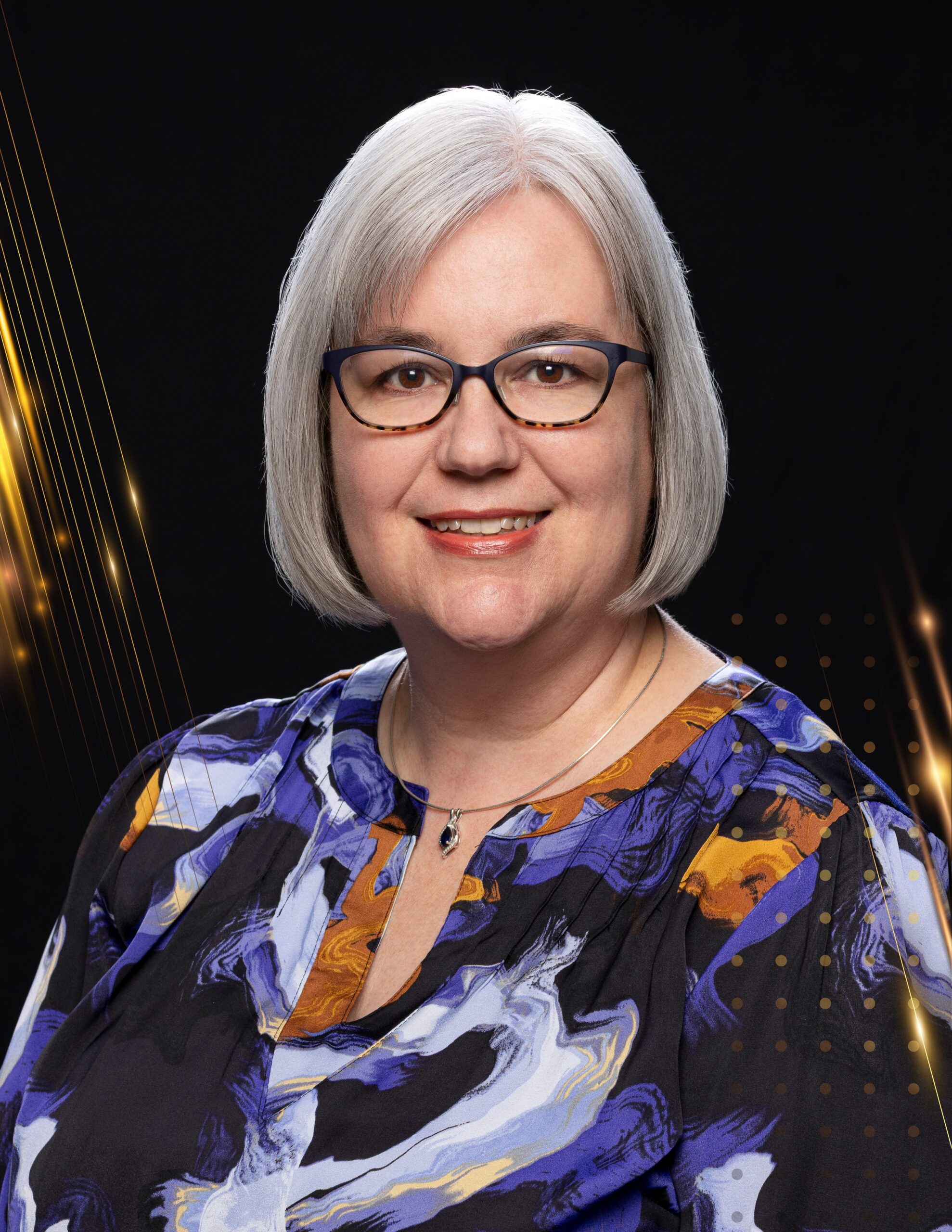
Laura McGarrity
Associate Teaching Professor, Linguistics, College of Arts & Sciences, UW Seattle
McGarrity’s teaching is shaped by her commitment to student engagement and support. Even in large classes, she invites students to actively participate and seek help, and gets to know students personally through chats after class or during office hours. McGarrity encourages even non-majors to attend colloquia on linguistics and to wrestle with the ways that language shapes our thinking. Practicing Universal Design for Learning, she creates learning experiences in multiple formats and draws on multiple methods of engagement to ensure equal access to learning.
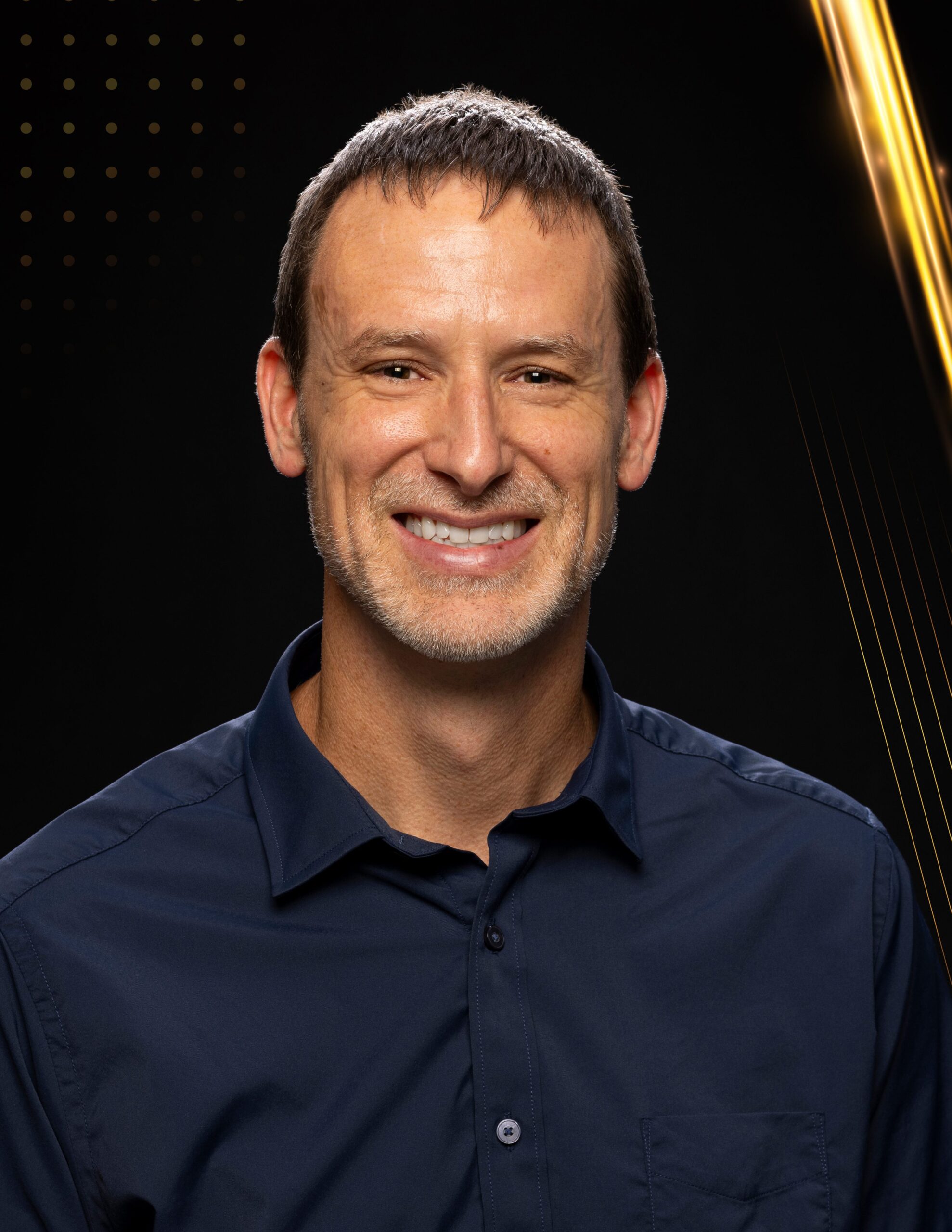
Bryan White
Teaching Professor, School of Science, Technology, Engineering & Mathematics, UW Bothell
White’s distinguished teaching is characterized by a dynamic and student-focused pedagogy that bridges scientific concepts with everyday experiences. His teaching philosophy emphasizes making science personally relevant, fostering a sense of wonder and curiosity in students. By connecting classroom content to real-world scenarios, he energizes learning and helps students see themselves as scientists in development. White’s commitment to inclusivity is evident in his efforts to accommodate diverse student needs, like offering alternative exam times during Ramadan to support fasting students. Through his compassionate approach and dedication to inclusive education, White cultivates an environment where students are empowered to think critically and embrace scientific inquiry.
Excellence in Teaching Award
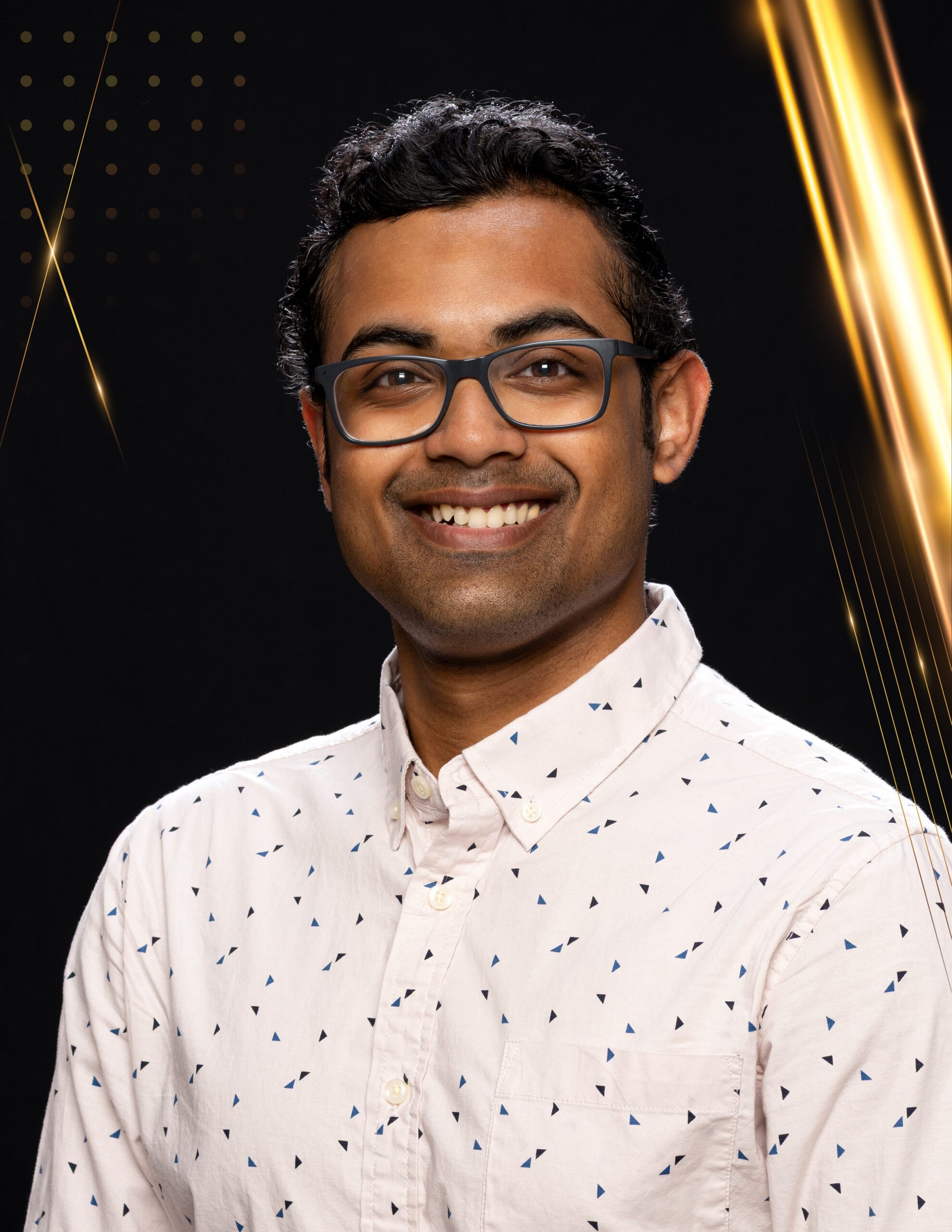
Sourojit Ghosh
Doctoral Candidate, Human Centered Design & Engineering, College of Engineering, UW Seattle
Ghosh’s colleagues commend the continuous improvement of his teaching through experimentation refined by soliciting and integrating students’ feedback. This is particularly notable in his design of one of UW’s first courses focusing on ethics in Artificial Intelligence, which he was invited to expand in a 5-credit version for undergraduates. He has been a leader in improving curricula and teaching practices in his department, particularly in helping faculty and TAs address historical barriers in the field of engineering.
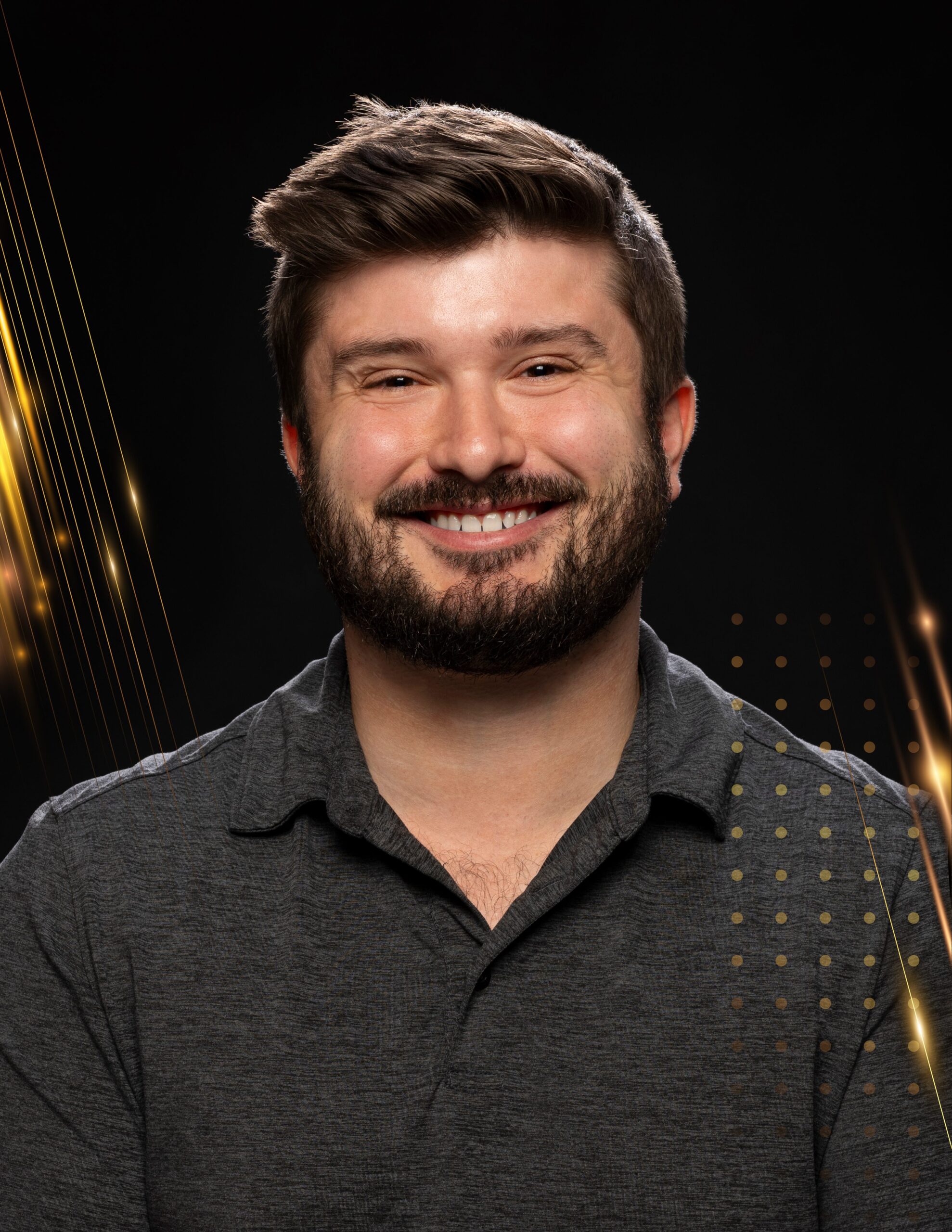
Robert Swan
Doctoral Candidate, School of Environmental & Forest Sciences, College of the Environment, UW Seattle
Swan is recognized by his peers, faculty, and undergraduate students for his ability to create meaningful opportunities for all students to engage with forestry research, even those who lack a science background. Outside of the classroom he has created impactful student learning experiences by restarting and chairing the UW chapter of the Society of American Foresters, and founding the UW Beekeeping club. His noteworthy class assignments focus on helping students learn experientially and build metacognitive skills.
Distinguished Teaching Award for Teams
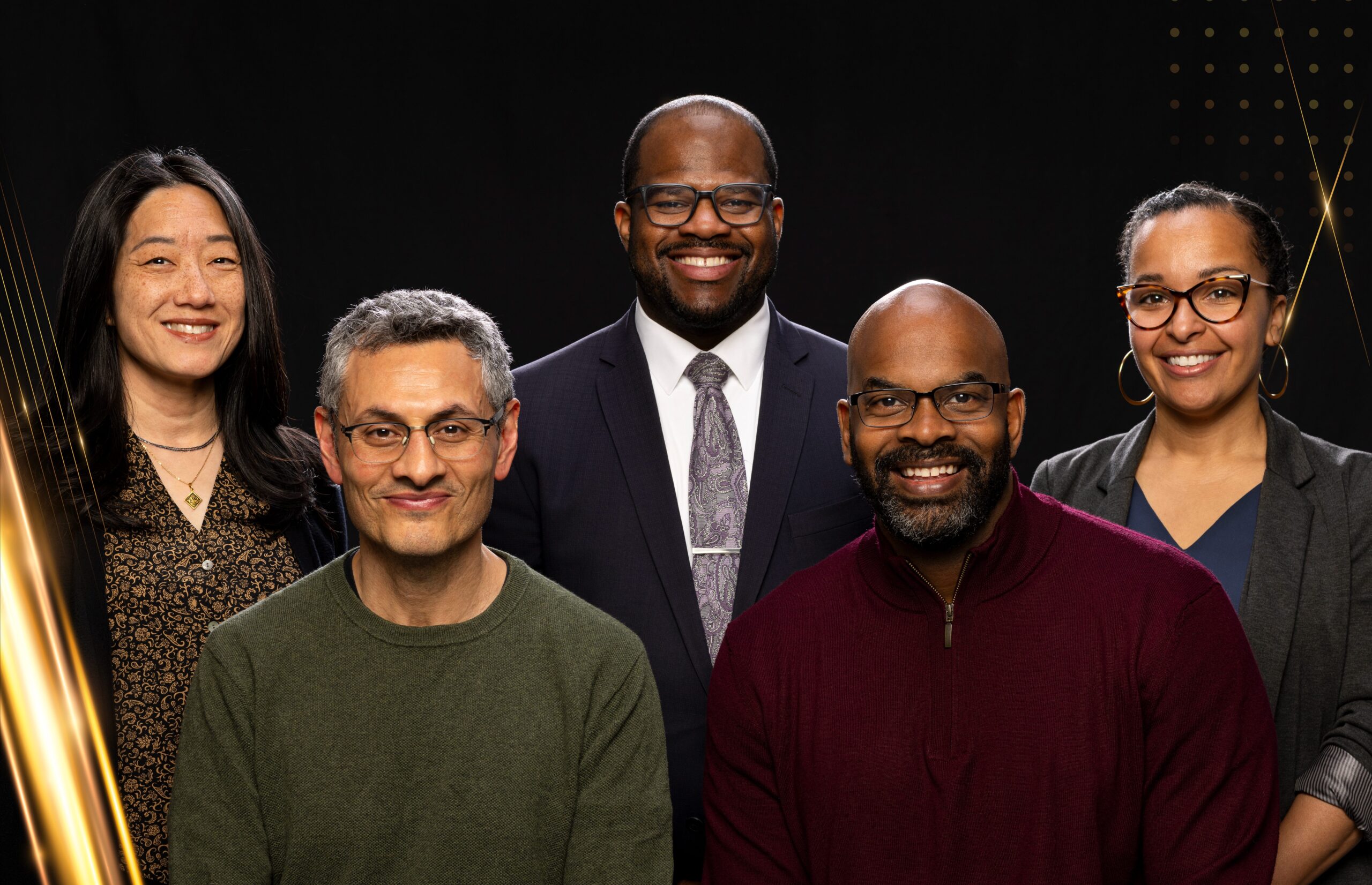
Brotherhood Initiative Instructional Team
The Brotherhood Initiative (BI) Instructional team, from UW Seattle’s College of Education, designs courses that help students who identify as men of color navigate college and develop agency within their professional and civic identities. Through extensive data gathering and planning, the team reimagines the curriculum each year to ensure that the project remains relevant to students’ experiences and perspectives. The team’s work has created transformative learning opportunities that affirm students’ cultural experiences, helping them witness themselves and each other as powerful learners.
- Joe Lott, Professor
- Theresa Ling Yeh, Director of Research and Programs
- Kandi Bauman, Lecturer
- Siamak Vossoughi, Teaching Associate
- Paul Metellus, Assistant Director for Student Success
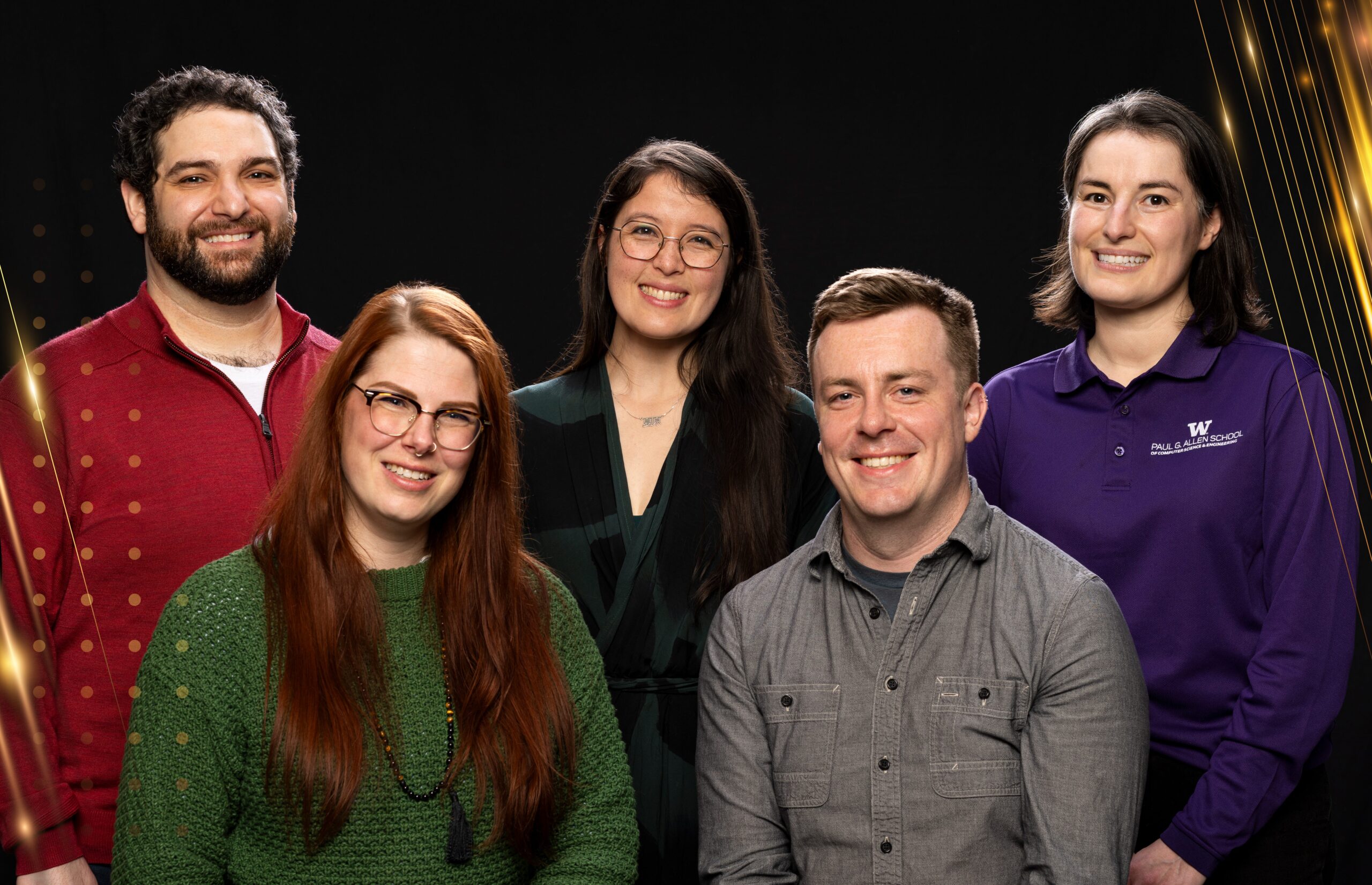
CSE 121/122/123 Launch Team
This team, from UW Seattle’s Paul G. Allen School of Computer Science & Engineering in the College of Engineering, engaged in deep collaboration to rescope and revise the vital introductory computer science course sequence at the University of Washington. In addition to overcoming the many logistical challenges that accompany significant curricular revision, the team infused the course sequence with activities that encourage students to reflect on their work, integrate their personal experiences into their learning, embrace a growth mindset, and consider ethical questions related to computer science and engineering.
- Brett Wortzman, Associate Teaching Professor
- Miya Natsuhara, Assistant Teaching Professor
- Elba Garza, Assistant Teaching Professor
- Hunter Schafer, Associate Teaching Professor
- Kasey Champion, Lecturer